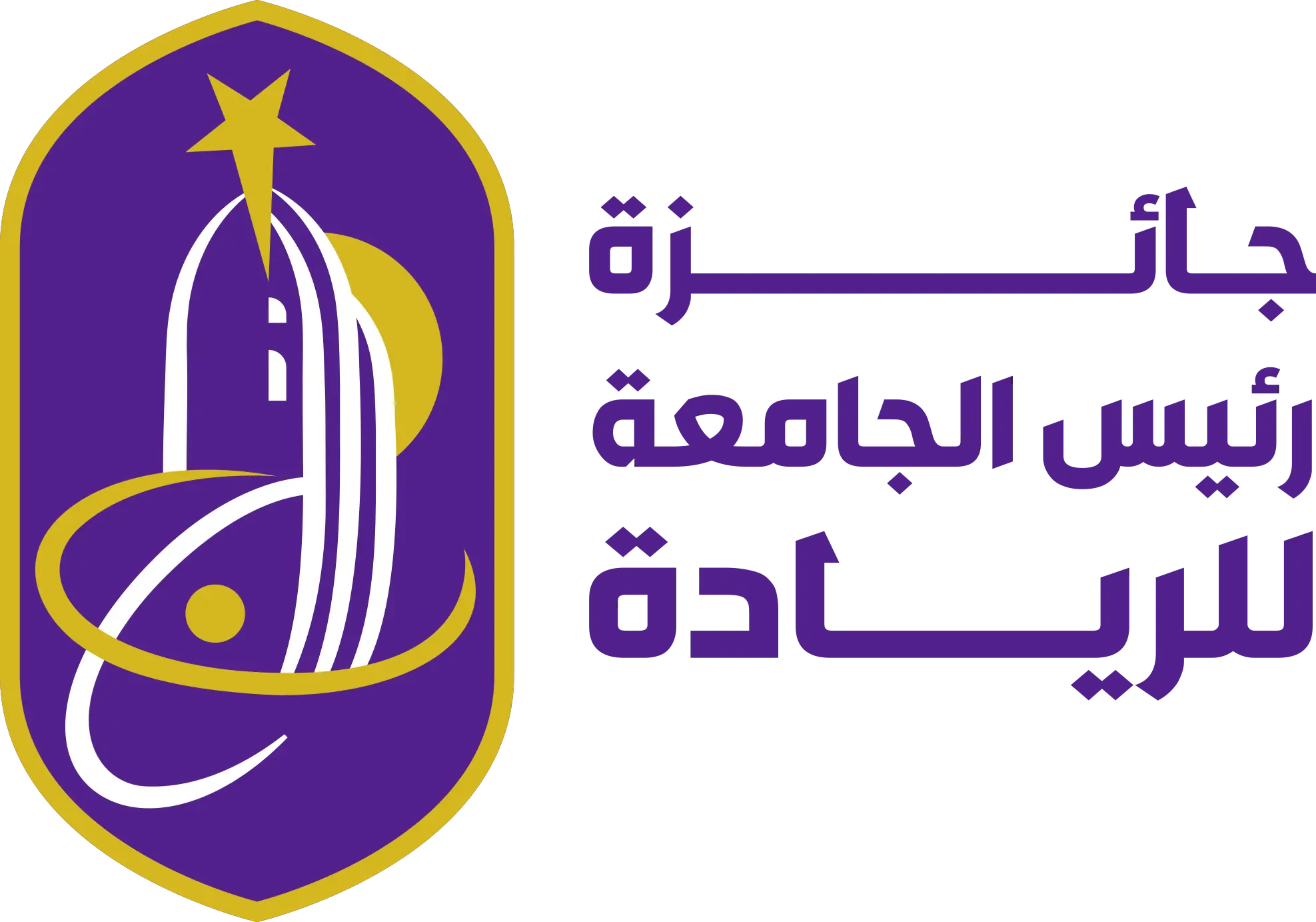As part of the national directives to promote digital transformation, and in a qualitative step that reflects Jouf University' commitment to developing its academic outputs and aligning them with labor market needs, the University Council, in its eighth session for the academic year 1446 AH, approved the inclusion of "Artificial Intelligence" as a core course in the curriculum to all students, regardless of their academic specializations, starting with the academic year 1447 AH.
This decision supports the Kingdom's efforts to adopt the technologies of the Fourth Industrial Revolution and is part of the university' strategic direction to develop the university education system and align academic programs with the global technological developments and national development requirements. This will consolidate the university's role as a scientific institution that effectively contributes to achieving the goals of the Kingdom’s Vision 2030 and preparing national cadres capable of interacting with the developments of the Fourth Industrial Revolution and making a real difference in the Kingdom's digital future.
Jouf University affirms that this decision embodies the university' vision of supporting innovation and digital transformation, affirming its role in developing national human capital through flexible, modern academic programs that are connected to local and global professional environments.
The course is offered in a manner specifically designed to suit students' diverse backgrounds, focusing on practical understanding and real-world relevance. It reviews the development of artificial intelligence from its inception to its current role in reshaping vital industries and sectors. It also covers pivotal topics including Machine Learning, Deep Learning, Natural Language Processing, and Computer Vision, through interactive lectures, dynamic discussions, and real-world case studies.
The course features tools and applications that do not require prior programming experience, allowing students from various disciplines to gain direct practical experience with artificial intelligence technologies. It also pays special attention to ethical and social aspects, addressing issues of Algorithmic Bias, Privacy, Data Protection, and the legal and regulatory challenges associated with the use of these technologies.
The course aims to enable students to engage critically and responsibly with the rapid developments in artificial intelligence and enhance their awareness of its applications and impact on daily and professional life. This will contribute to the graduation of national cadres capable of innovation and effective contribution to building a digital knowledge economy.
In this context, His Excellency, the President of Jouf University, Prof. Mohammed bin Abdullah Al-Shaya stated that the university is moving confidently toward updating its curricula and developing its academic environment, with the goal of preparing a digital generation capable of global competition. This is in line with the aspirations of the Wise Leadership—may Allah protect them—and enhancing the readiness of its graduates to meet the demands of the accelerating labor market. The inclusion of Artificial Intelligence as a core course in the curriculum for all programs represents one of the qualitative steps the university is taking to prepare a digitally empowered generation that possesses the technical and cognitive skills required by the future labor market.
Dr. Alaa bin Saleh Al-Arjan, Vice President for Academic Affairs, noted that the course has been carefully designed to suit the diverse backgrounds of the university' male and female students, aligns with all the course majors, contributes to enhancing critical thinking and technical awareness, and provides students from various colleges with a real opportunity to interact with artificial intelligence technologies. It also emphasizes the ethical and legal aspects of artificial intelligence to ensure the responsible awareness among students.





